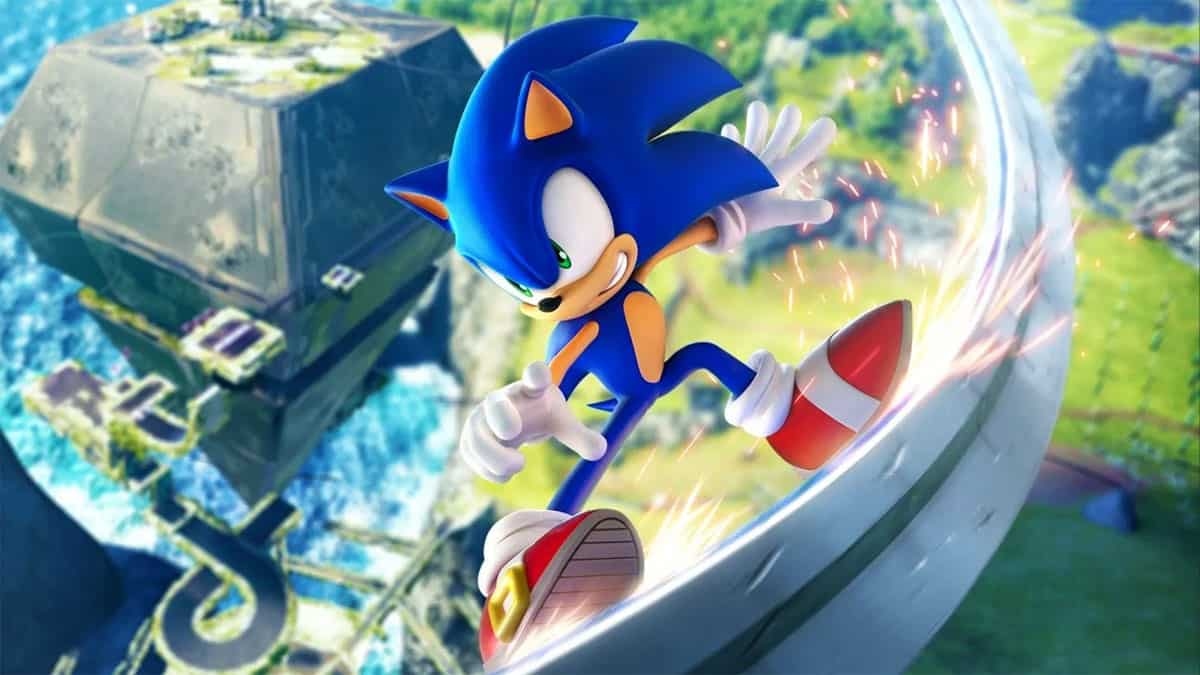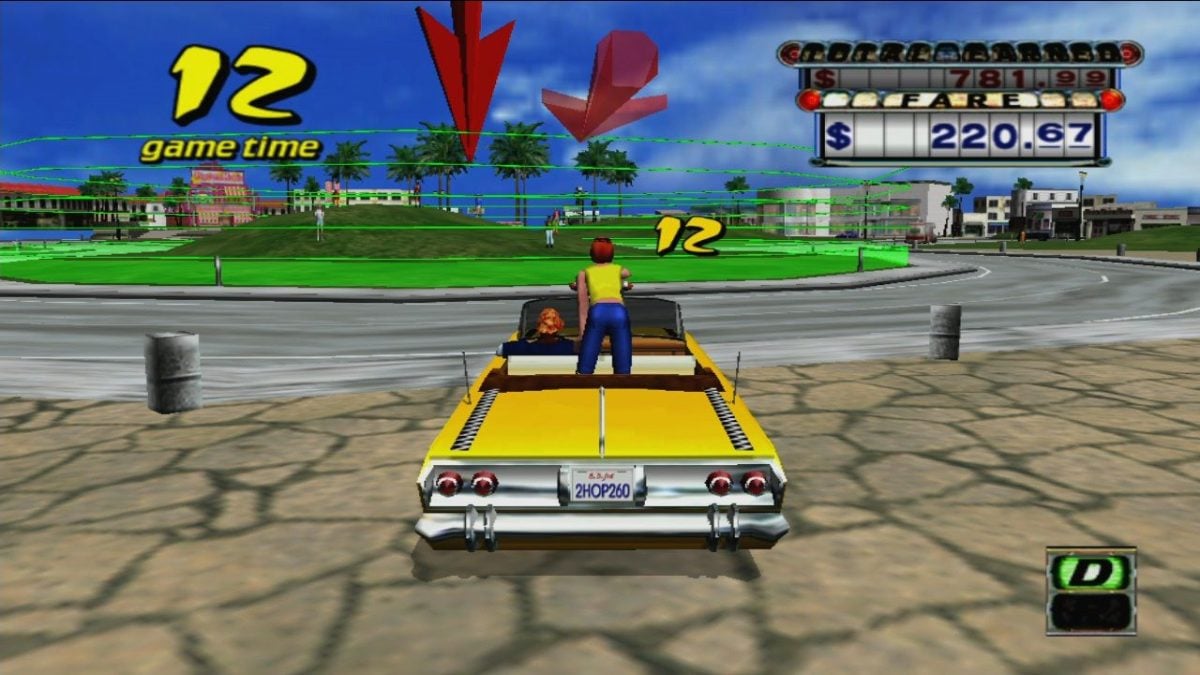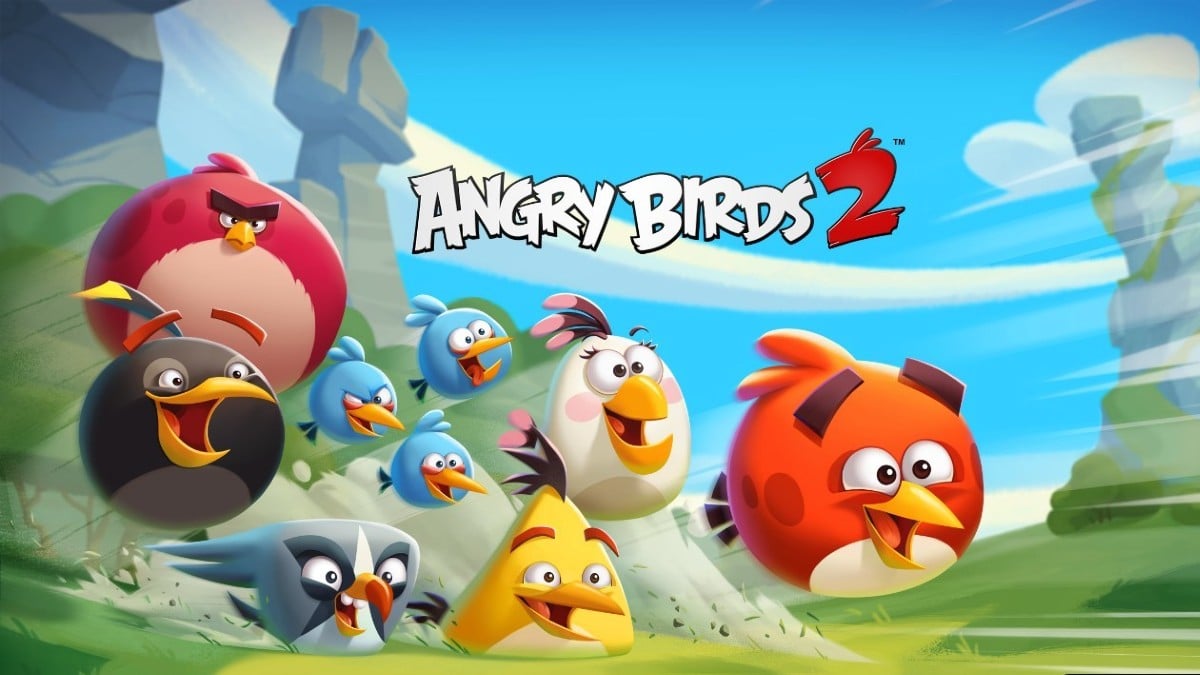When was the last time you played Angry Birds, the seminal Finnish product of emotional avians that dominated our cell phones, tablets, and clocks in the early 2010s? The question could get more specific: did you ever play Angry Birds 2, the 2015 free-to-play (but really pay-to-play) sequel that relied on micro-transactions and time limits to milk players for all they were worth, 99 cents at a time? Have you ever heard about the most recent games, like Angry Birds Blast!, a puzzle game developed by Bandai Namco; or Angry Birds Evolution, a 3D turn-based RPG that apparently grossed $30 million in 2018; or Angry Birds Reloaded, a semi-remake of the 2009 original created for Apple Arcade with extra story? All of this is ignoring the VR games, blatant cash grabs (Angry Birds Rio, anyone?), spin-off titles, myriad cartoons, and two feature films. Heck, the birds have names now, ranging from the simple (Red) to the absurd (Courtney).
The point is that while we were off living our lives, the fine folks at Rovio Entertainment have been obscenely busy pumping out Angry Birds titles as if their lives depended on it. And that may very well have been the case — the cultural dominance of our fowl friends has seemingly waned as their footprint impossibly grows larger and larger annually. Revenue might have declined this past financial year, but Rovio continues to make a pretty penny on the mobile market, which is something that Japanese developer SEGA hopes will continue to happen. Announced earlier today, SEGA has set in motion the acquisition of Rovio in its entirety, a deal which is projected at roughly $775 million and expected to close by the end of September.
We are in the age of acquisitions: Microsoft is attempting to close its deal with Activision Blizzard (who also own Candy Crush royalty, King), Sony bought Destiny developer Bungie, and in the mobile realm, publisher Take-Two purchased Farmville milkers, Zynga. It’s no surprise that more and more established companies within the video game industry are trying to grow bigger via acquisition, especially within the ever-expanding mobile market. Nintendo has seen major success with its mobile portfolio — save for Pikmin Bloom, all their games (Mario Kart Tour, Super Mario Run, Pokémon GO, the limited Animal Crossing: Pocket Camp) had lasting impacts — and SEGA is one of the few companies to match the Big N’s character recognition.

Sonic the Hedgehog, Alex Kidd, Billy Hatcher, Amigo the Maraca-shaking Monkey, the titular Taxi from Crazy Taxi, the entirety of Space Channel 5 — the IP mines of SEGA characters run deep. Now, most of these characters do run on the more obscure side, sure; it’s difficult to imagine a fun mobile game with any of the Yakuza or Persona characters that does either series justice. But it’s because of this aged nature that makes SEGA setting its sights firmly on the mobile scene one of the most intriguing prospects in a long while.
Looking beyond Sonic and friends, much of SEGA’s portfolio is older, arcade-esque titles, and this benefits them in two very specific ways. Firstly, the age provides the perfect opportunity for new games to modernize the experience and tailor it to mobile gamers without blaspheming what made the series so great in the first place. Super Mario Run and Mario Kart Tour’s constant, uncontrolled motion took away the foundation of two immensely popular series. Alternatively, people might be more willing to experiment with new control schemes for Nights into Dreams for the first entry in over a decade. Nearly every SEGA staple exists in a different genre, allowing an opportunity to cater to as many unique players as possible.
Despite this diversity, though, most of the games are quick and easy high-score chasers, which is the second benefit SEGA has over its contemporaries. For those of us who haven’t played Crazy Taxi lately, the game is a frantic mad dash around the city to drop off customers in the most dangerous, yet efficient way to achieve a high score. With low time limits, endless replayability, and slippery but fun gameplay, it’s a game that would fit perfectly within a brief commute on public transport, or bite-sized check-ins throughout the day in moments of respite. Put simply, Crazy Taxi has been impatiently screaming for a mobile release. Keep the competitive, quick nature, allow people to hook up their own music, and provide cosmetics to change the car, and there’s no telling how much money could be made.

Of course, most of this analysis has skipped over the big blue hedgehog in the room, and that’s because that’s a no-brainer. Sonic himself has been the star of many already successful mobile games, and thanks to his two Hollywood ventures, new films (and a Knuckles spin-off) on the way, a Netflix cartoon, and the well-regarded Sonic Frontiers, the Blue Blur has never been more prominent. More Sonic mobile games are certainly on the horizon in the near future.
As with all acquisitions, though, only time will tell what exactly both SEGA and Rovio have in store. For all we know, the managers at SEGA may just be really into Angry Birds and wanted to save it from being renamed Red’s First Flight and getting taken off the Google Play store. Or maybe they always wanted an Angry Birds/Sonic crossover and decided the best way to go about doing that was by buying Rovio.
Silliness aside, the purchase does indicate a continued interest in the expansion of the mobile game market from established companies, which is one of the fastest-growing sectors in an already exponentially growing industry. Mobile games are here to stay, and companies are starting to not only take them seriously but also acknowledge the serious profits they’ll see upon each release. Don’t get me wrong, I do not support all of the negative trends that exist within mobile gaming: many companies use predatory tactics and scummy micro-transactions to incentivize daily interaction and suck users monetarily dry. But that doesn’t mean mobile games aren’t worthy of the same scrutiny, hopes, and perhaps love their home console and PC counterparts face. Whatever SEGA and Rovio wind up doing, it will certainly be worth watching.

